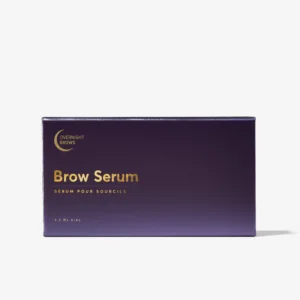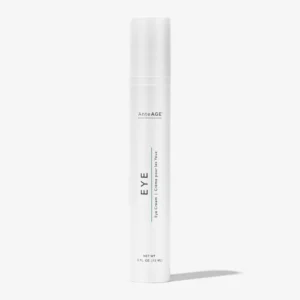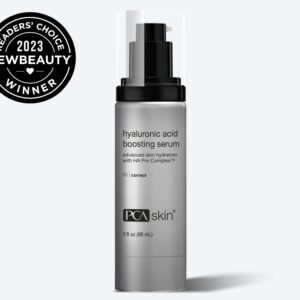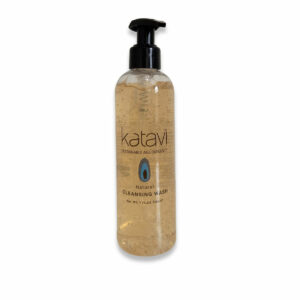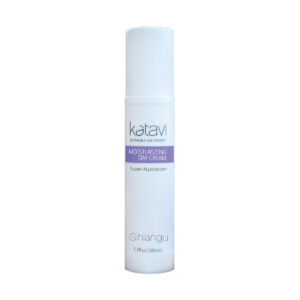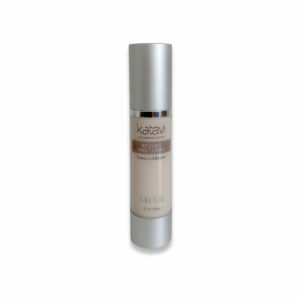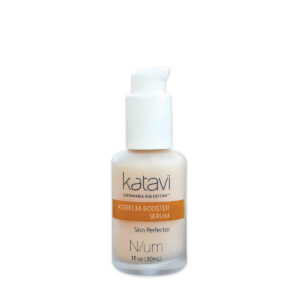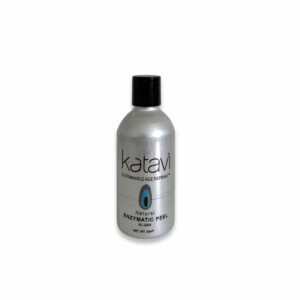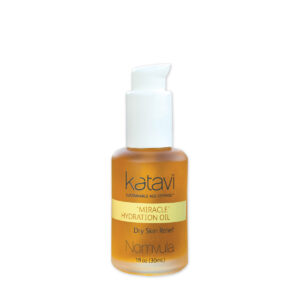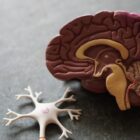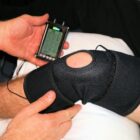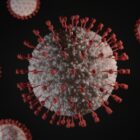Exploring Glutathione: The Master Antioxidant in Liver Health
Glutathione, often referred to as the body’s master antioxidant, plays a crucial role in maintaining liver health and function. The liver is the primary site of glutathione synthesis and utilization, where it serves as a potent antioxidant, detoxifier, and protector against oxidative stress. Glutathione helps neutralize harmful free radicals, which can damage liver cells and contribute to liver inflammation, fibrosis, and disease progression. Additionally, glutathione supports the liver’s detoxification pathways by facilitating the removal of toxins, heavy metals, and metabolic byproducts, promoting optimal liver function and overall health.
The Impact of Oxidative Stress on Liver Health
Oxidative stress occurs when there is an imbalance between the production of free radicals and the body’s antioxidant defenses, leading to cellular damage and dysfunction. The liver is particularly vulnerable to oxidative stress due to its high metabolic activity and exposure to various toxins and environmental pollutants. Chronic oxidative stress can impair liver function, disrupt cellular integrity, and contribute to the development of liver diseases such as non-alcoholic fatty liver disease (NAFLD), alcoholic liver disease (ALD), and viral hepatitis. By neutralizing free radicals and reducing oxidative damage, glutathione helps protect the liver from the harmful effects of oxidative stress and supports its vital functions.
Glutathione Deficiency and Liver Disease
In conditions associated with liver dysfunction, such as liver disease, glutathione levels may become depleted, further exacerbating oxidative stress and contributing to disease progression. Studies have shown that individuals with liver diseases, including NAFLD, ALD, and viral hepatitis, often exhibit reduced glutathione levels in their liver tissue. Glutathione deficiency compromises the liver’s ability to detoxify harmful substances and defend against oxidative damage, increasing the risk of liver injury and disease complications. Therefore, restoring glutathione levels may offer therapeutic benefits in managing liver diseases and promoting liver health.
Strategies to Support Glutathione Levels and Liver Health
Several strategies can help support glutathione levels and promote liver health:
- Nutritional support: Consuming a diet rich in sulfur-containing amino acids, such as cysteine, methionine, and glycine, can provide the building blocks necessary for glutathione synthesis. Foods such as garlic, onions, cruciferous vegetables, eggs, and lean meats are excellent sources of these amino acids.
- Supplementation: Oral or intravenous supplementation with glutathione precursors, such as N-acetylcysteine (NAC), alpha-lipoic acid (ALA), and glutathione itself, can help boost glutathione levels and support liver detoxification.
- Lifestyle modifications: Adopting healthy lifestyle habits, including regular exercise, adequate hydration, stress management, and avoidance of excessive alcohol consumption and environmental toxins, can help reduce oxidative stress and support liver health.
- Liver-supportive herbs: Certain herbs and botanicals, such as milk thistle, turmeric, and schisandra, have been traditionally used to support liver function and enhance glutathione production.
- Medical interventions: In cases of severe liver disease or glutathione depletion, medical interventions such as intravenous glutathione therapy or liver transplantation may be necessary to restore liver health and function.
Consultation and Monitoring for Optimal Liver Health
Individuals concerned about their liver health or seeking to optimize glutathione levels should consult with a qualified healthcare provider. A healthcare provider specializing in liver health and integrative medicine can assess liver function, evaluate glutathione status, and develop a personalized treatment plan tailored to individual needs and goals. Regular monitoring of liver enzymes and glutathione levels can help track progress and guide adjustments to the treatment regimen. By supporting glutathione levels and promoting liver health, individuals can safeguard against liver diseases and maintain optimal liver function for long-term wellness.
Understanding the Key Role of the Master Antioxidant – snippet
Explore the vital role of glutathione in liver health with our comprehensive guide. Learn how glutathione serves as a potent antioxidant and detoxifier, protecting the liver from oxidative stress and supporting vital functions. Discover strategies to boost glutathione levels and promote liver health, including nutritional support, supplementation, lifestyle modifications, and herbal interventions. Consult with a qualified healthcare provider to assess your liver health and develop a personalized plan for optimal wellness.
Related items..
-
AnteAGE® Overnight Brows Serum 3.5ml
$75.00 -
AnteAGE® Eye (15ml)
$105.00 -
PCA Skin Hyaluronic Acid Boosting Serum 3oz
$315.00 -
Katavi Radiant-S Facial Serum NEW
$55.00 -
Katavi Natural Cleansing Wash
$33.00 -
Katavi Moisturizing Day Cream
$43.00 -
Katavi Tula Tula – Intensive Night Care
$43.00 -
N/um – Kigelia Booster Serum
$46.00 -
Katavi Hluba – Enzymatic Peel
$30.00 -
Katavi Miracle Hydration Oil
$40.00
Sign Up for Monthly Newsletter to Learn & Save
Stay current on promotions, discounts and sales.
Get Your Learn On

Tirzepatide Weight Loss: Harnessing the Power of Family Support




